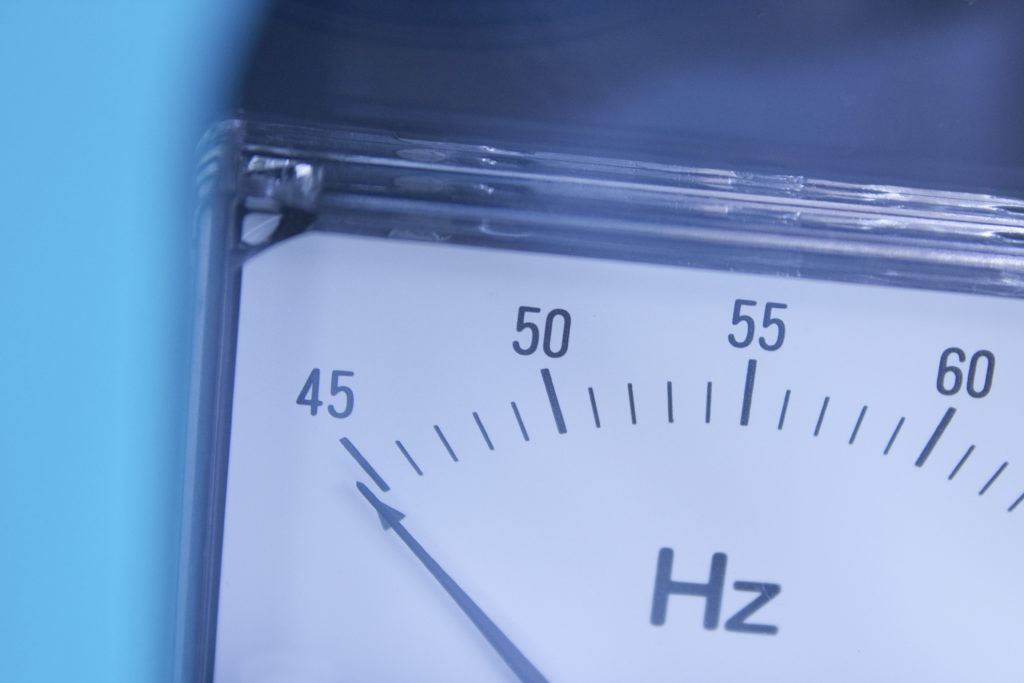Understanding How Frequency Relates to Motor Speed

Most of the time when we think of frequency in electronics, we think of sound. We know the difference between high and low frequencies such as the difference between a bass note and a soprano note. Frequency in sound relates to the number of vibrations detectable by our ears. The higher the amount of vibrations the higher the sound and the less frequent vibrations the lower the sound and so on. Frequency of sound is measured in a unit called Hertz (Hz), which is a defined as one cycle per second. So therefore a sound measured at 100 Hz vibrates a measurable 100 cycles per second.
Frequency in Hertz is also used when measuring AC current, particularly the frequency in which AC current changes direction – also at 1 cycle per second. Many electronic devices are designed to operate at a known standard frequency, electric motors being a prime example. Electric motors are built to operate at their full rated speed at a fixed frequency that is supplied by the power company. In the United States this is 60 Hz. The reason for this is that 60 Hz is the standard frequency at which AC power is delivered to our homes in businesses by a standard that was set back in the early days of power distribution.
This characteristic of motor design also allows various devices, such as variable frequency drives, to change the speed of a motor by increasing or decreasing the frequency of the AC power being applied. While motor speeds can range from low (100 RPMS or so) to very high (upwards of 20,000 RPMs), frequency is directly relative to the speed of rotation. A drop in frequency, say by five percent, will create an equal drop of speed by the same percentage. Engineers can use this to control motor speeds across a wide variety of applications.
Be sure to visit us online at gesrepair.com or call us at 1-877-249-1701 to learn more about our services. We’re proud to offer Surplus, Complete Repair and Maintenance on all types of Industrial Electronics, Servo Motors, AC and DC Motors, Hydraulics and Pneumatics. Please subscribe to our YouTube page and Like Us on Facebook! Thank you!
